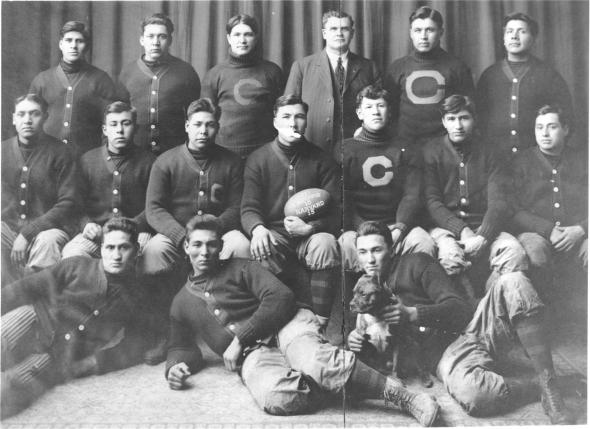COVID-19 has exacerbated inequality in many ways, including in college applications. As The New York Times reports in "Interest Surges in Top Colleges, While Struggling Ones Scrape for Applicants," applications to elite schools have surged by over 17% (due in part to their decision to make standardized test scores optional), while at many less well known schools applications have fallen considerably, putting some that are struggling due to COVID-19 funding cuts at greater risk of failure.
Meanwhile, while more affluent students have wider prospects, the less affluent seem to be forgoing college in greater numbers, with declines in applications from first-generation students and those who qualify for fee waivers. According to Doug Shapiro, the vice president for research at the National Student Clearinghouse Research Center, which publishes educational reports: “We saw the largest declines by far among students from low-income high schools, high-minority high schools, urban high schools, who ordinarily would have gone to community colleges this fall, and who just vanished,” including among those applying to community colleges (which were among schools facing declines in applicants).
The one bright spot in the report, though, is that minority applications to elite schools are up considerably, driven in part by their new ACT- and SAT-optional policies, which means that these schools will likely see greater diversity among their applicants.



